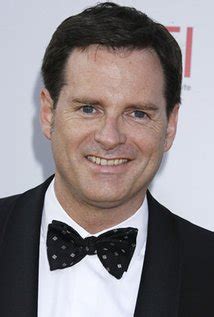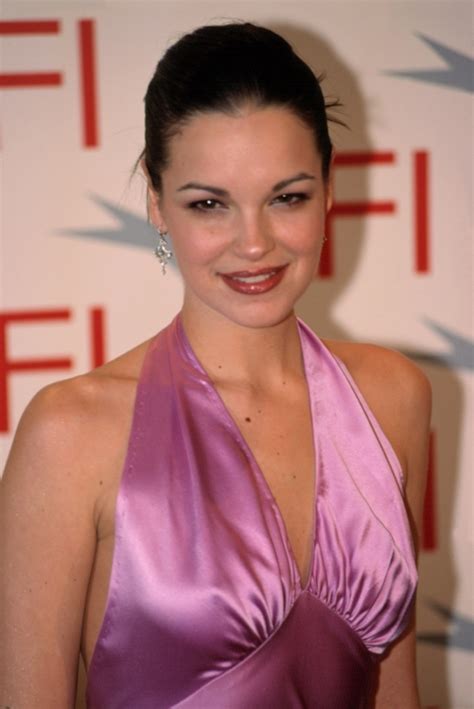A Quote by Mark Waters
Once I went to film school, I realized that film directing was actually much better than theater directing, because you kind of get to stay in control of it all the way through. You don't relinquish the piece to the actors like you have to in theater; you stay in control through the very end.
Related Quotes
I think film is a world of directors. Theater is a world of actors. Or, theater is for actors as cinema is for directors. I started in theater. Filming is as complete as directing film. In theater, you are there, you have a character, you have a play, you have a light, you have a set, you have an audience, and you're in control, and every night is different depending on you and the relationship with the other actors. It's as simple as that. So, you are given all the tools.
Well, actors get very frustrated with giving control to other people. They have their own ideas and wants for their characters. Warren Beatty once told me that he thought actors ended up directing out of frustration. If you have a strong sense of how to communicate a film, you should direct. The problem is that it is a huge commitment. I'd rather direct a play than a film due to the time. A movie can tie you up for a year or more.
I cannot control what you bring into the theater when you see the film. I can't control what my parents bring in. I can't control what some random person on Twitter brings in to the theater. All I can control is the hour and 50 minutes that the movie lasts, and try to give it absolutely everything I can.
I would make a huge distinction between theater improvisation and film improvisation. There isn't much improvisation in film - there's virtually none. The people that theoretically could be good at this in a theater situation don't necessarily do this in a film in a way that will work, because it's much broader on a stage. But in a movie, it has to be real, and the characters have to look entirely real because it's being done as a faux documentary, so there are even fewer actors that can do that on film.
When I was younger, I definitely thought musical theater was sort of more pure than film. I used to say I'd never go to film because we had to get it right the first time in musical theater. But then, of course, I started doing film and realized I loved it. Keep in mind that I was 8 years old when I said that.
I grew up doing plays - I went to a stage school after school - and it's always something that I've wanted to do, but, in a weird way, if you do television and film and you didn't go to drama school and don't have a theatrical background, it's hard to get your foot in the door. In the same way that it is for theater actors to get into television and film. There's a weird prejudice that goes both ways.






































